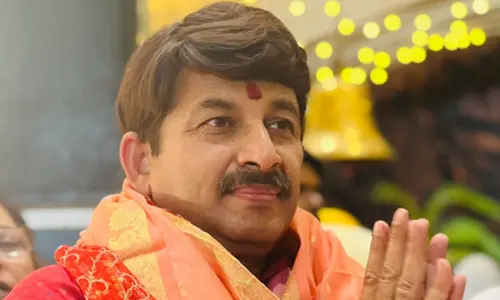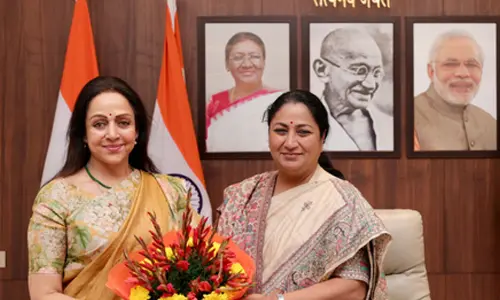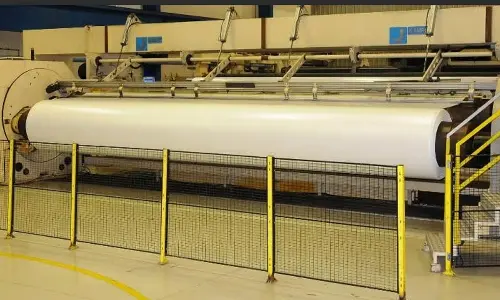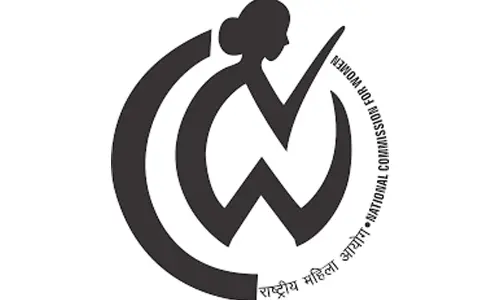Excellence is a high cost item, pursue it relentlessly

Abraham Lincoln once said, I do the very best I know how, the very best I can, and I mean to keep on doing so until the end In another context, Winston Churchill said, I am a man of simple tastes easily satisfied with the best That is what excellence is the best you know, the best you can
Abraham Lincoln once said, “I do the very best I know how, the very best I can, and I mean to keep on doing so until the end.” In another context, Winston Churchill said, “I am a man of simple tastes easily satisfied with the best.” That is what “excellence” is - the best you know, the best you can. However, there is one difference: the best is the ultimate (what we learnt in school: good, better, best), whereas excellence is ever changing. No limit, because excellence is “improving” every day, every hour, every minute, every moment. Lincolns and Churchills are not an exception, anyone and everyone can do their best in whatever they do.
Everyone wants success and happiness
There are innumerable written and spoken words by motivational speakers, management gurus, and spiritual leaders about how to achieve success and happiness in life. They revolve around a variety of attributes like courage, confidence, concentration, education, enthusiasm, self-esteem, attitude, time management, the list can go on. The real learning starts at birth, at home and then at school. Character building also starts here. Abraham Lincoln’s letter to his son’s teacher is a testimony of parental anxiety for inculcating courage, honesty, integrity, sublime faith, in their children. Careers generally grow on this foundation.
Excellence is hammered in young age with emphasis on “examination marks” in competition with others. Anything above 90 percent is considered excellent. First, second, and third rank is the criteria of superior performance. The question to be asked ought to be: Have you done your “best”? Not the rank. Not the number of marks. Think of an Olympian. He/she works hard for 4 years trying to improve in those 1460 days (365 x 4). That does not mean that everyone will get gold. What matters is one’s individual effort, competition with one’s own self, not competition with others. Ask yourself: have I done my best?
Martin Luther King, Jr. explains excellence beautifully thus: “If a man is called to be a street sweeper, he should sweep streets even as a Michelangelo painted, or Beethoven composed music, or Shakespeare wrote poetry. He should sweep streets so well that all the hosts of heaven and earth will pause to say, ‘Here lived a great street sweeper who did his job well’. Aristotle expressed excellence in a slightly different way: “We are what we repeatedly do. Excellence, therefore is not an act, but a habit.”
Start your journey of excellence
When, where, and how to start? Anytime, anywhere, the choice is yours. The society needs “excellent physicists, excellent construction workers, excellent legislators, excellent first-grade teachers”. One may be brilliant, average, or mediocre in studies but everyone must strive for excellence in life skills. An often overlooked aspect of excellence is the right “tools” that we need to use to achieve excellence. Based on his own experiences in teaching , research, industry, management and, training, the present author has identified 5 core “tools”/”skills”: positive attitude, communication skills (all the four, speaking, listening, reading, and writing), self-esteem, enthusiasm, and humility. If you have them, sharpen them, and if not, learn and practice them yourself or through coaching. This does not make other ‘tools’ less important. Remind yourself that learning is a life-long process.
Develop passion for excellence
Excellence is a powerful word, it stirs mind. It cannot be thrust on anyone, like greatness can be. “To achieve excellence, we must cultivate passion and trust”, say Tom Peters and Nancy Austin in their classic ‘A Passion for Excellence’ (1985). Passion for excellence is not free, it carries a price. The authors elaborate further: “It is a personal commitment. Doing better than average takes tenacious preparation. You need courage and self-respect. It’s believing that something can be done . The price of excellence is time, energy, attention, and focus. Excellence is a high cost item”.
(Prof B R Sant - The author has been a teacher, research scientist, management expert and a motivational speaker settled in Hyderabad)















